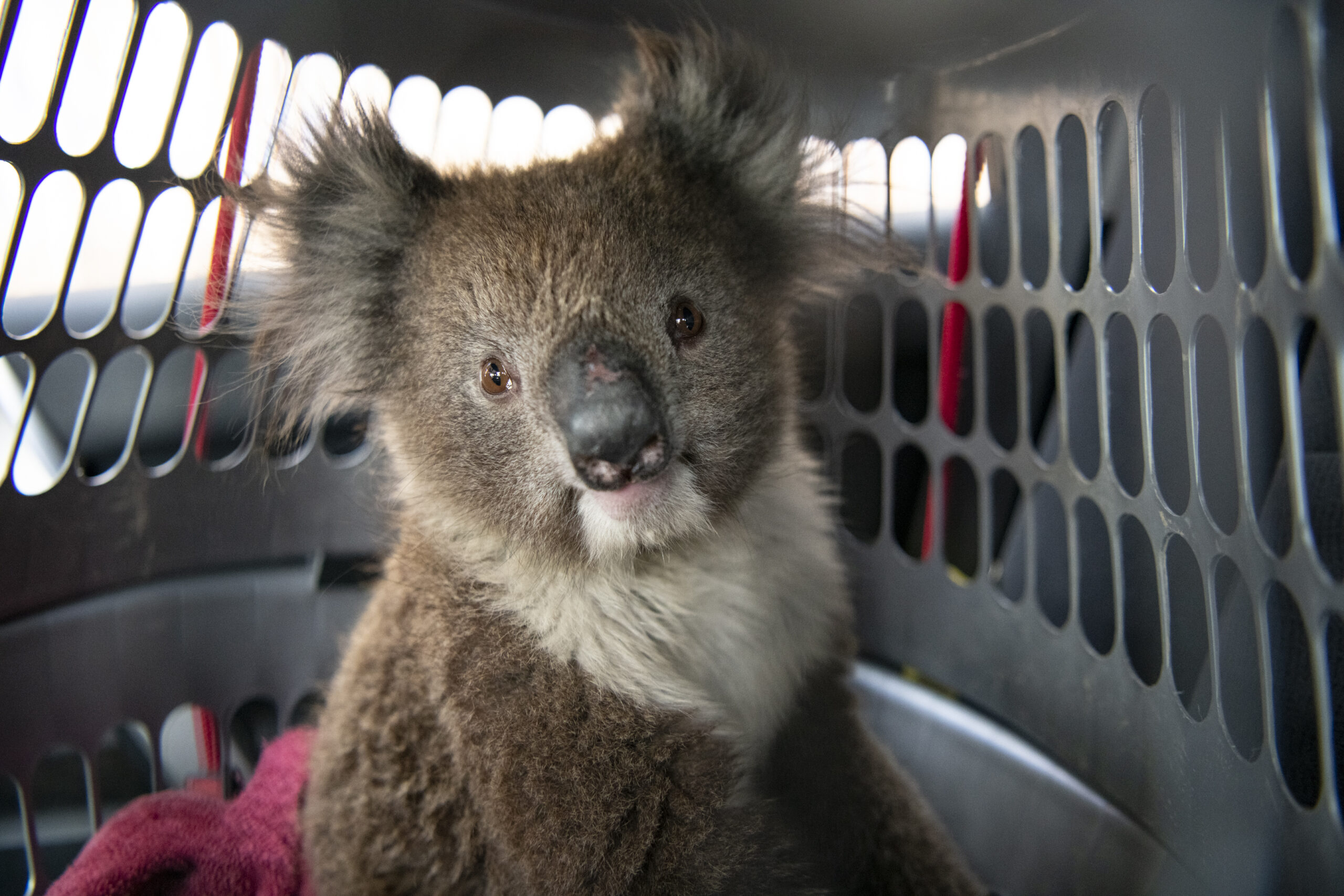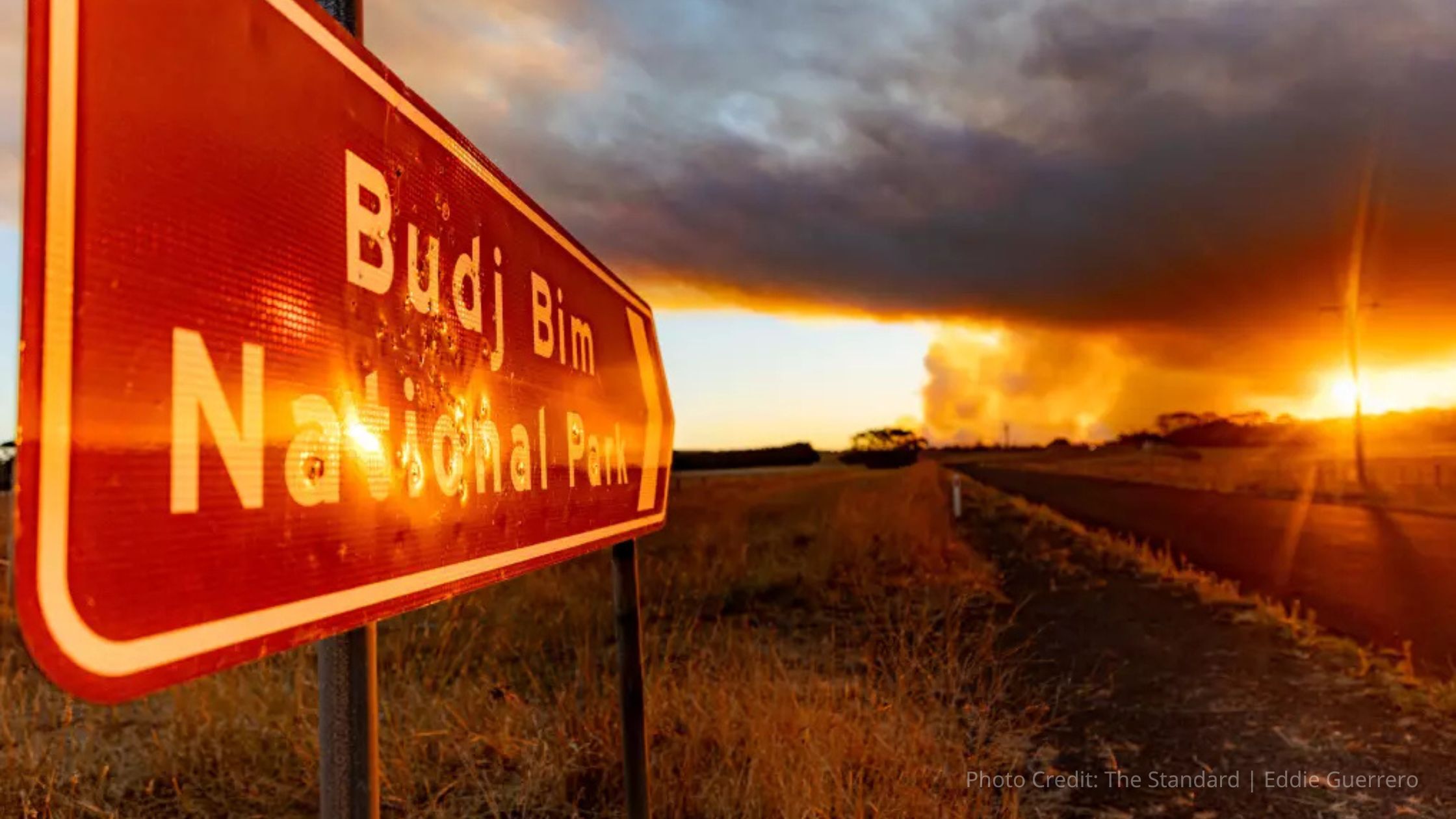Parliamentary inquiry into the management of blue gum plantations and koalas. Humane World for Animals is relieved to report that the koala shooting in Victoria’s Budj Bim National Park has stopped, with helicopters grounded last Friday, 25 April. Following fires in the area known to be home to a large...
This year’s meeting of the Convention for the Conservation of Antarctic Marine Living Resources (CCAMLR) in Hobart was my first big international conference. I had studied International Relations, I had a strong background in Antarctic issues, I had read all the Marine Protected Area (MPA) proposals, and even claimed I understood the proposed risk assessment framework for managing the krill fisheries. Attending this conference was a big moment for me in my fledgling career, and I was incredibly excited.
However, as everything got underway, it became apparent I was alone in my enthusiasm. There was a noticeable lack of motivation in the air, rather like getting to the 30km point in a marathon* which is uphill the whole way. It did not take long to work out the Ross Sea MPA was the cause of this fatigue: the proponents had been stuck in a deadlock with Russia for the last few years and had been unable to secure the consensus needed to pass the conservation measure. There were other MPA proposals on the table, but they weren’t going anywhere until the Ross Sea was sorted out. Everyone was hopeful that this would be the year it went through. Hopeful, but prepared for disappointment.

Members of the Commission for the Conservation of Antarctic Marine Living Resources (CCAMLR) meet. Photo credit: ccamlr.org
As the meeting progressed the Ross Sea MPA remained a silent elephant in the room. Other extraordinary decisions were being made. Krill fishing vessels will soon be required to have 100% observer coverage on board to monitor their actions. A crucial conservation measure for the management of krill fishing was extended. The risk assessment framework to determine the impact of krill fisheries needed a lot of explaining, but eventually everyone was on board. A conservation measure to restrict fishing and allow research of ecosystems exposed after ice shelves collapse was adopted. And Argentina and the United Kingdom broke their post Malvinas/Falklands war ‘tradition’ and did not engage in their customary dispute over contested islands, rather they thanked each other for their cooperation at the meeting.

A Weddell Seal in the Ross Sea. Photo Credit: John Weller via National Geographic
Then, unexpectedly, thankfully, the breakthrough happened. A deal was struck between Russia and the proponents of the Ross Sea MPA. The room was alight with whispers and wide eyes. We didn’t officially get to discussing MPAs that day, but tentative celebrations started that night. The next morning, the chair wasted no time and the MPA was first on the agenda. If this was the marathon I mentioned earlier, this moment was like seeing the top of the hill. You didn’t feel like you had far to go. The end was in sight. It was about to happen.
Alas, we weren’t quite there. There was more work to be done. Duration was hotly contested. But now everyone could see the true summit. The race was almost done.

The Ross Sea is now a Marine Protected Area. Photo credit: John Weller via National Geographic
Duration was decided. 35 years. This marathon would not be anyone’s personal best, but it would be finished. There was clapping and relief as it passed through to the drafting committee. In drafting committee, there was baited breath as language was adjusted and duration confirmed. In report adoption, someone pretended to protest and everyone laughed nervously. And like that, it was adopted, and the largest marine protected area in the world was created. The race was done. Everyone fell over the line together. Elated, exhausted, and resigned to the concessions that needed to be made.
The Ross Sea was not the only Marine Protected Area on the table this year. The East Antarctic Representative System of MPA was deferred yet again, as delegations could not make the time to discuss it this time around. The Weddell Sea MPA will be returning next year as well. CCAMLR has committed to a network of MPAs throughout the Southern Ocean, and it looks like it will be a pretty slow process to achieve this goal. This year’s MPA was not the first, it won’t be the last, and hopefully it won’t continue to be the biggest as more are created. But it was monumental because it broke an ongoing deadlock, and was a significant step in the right direction.
*I have no experience in marathons.


